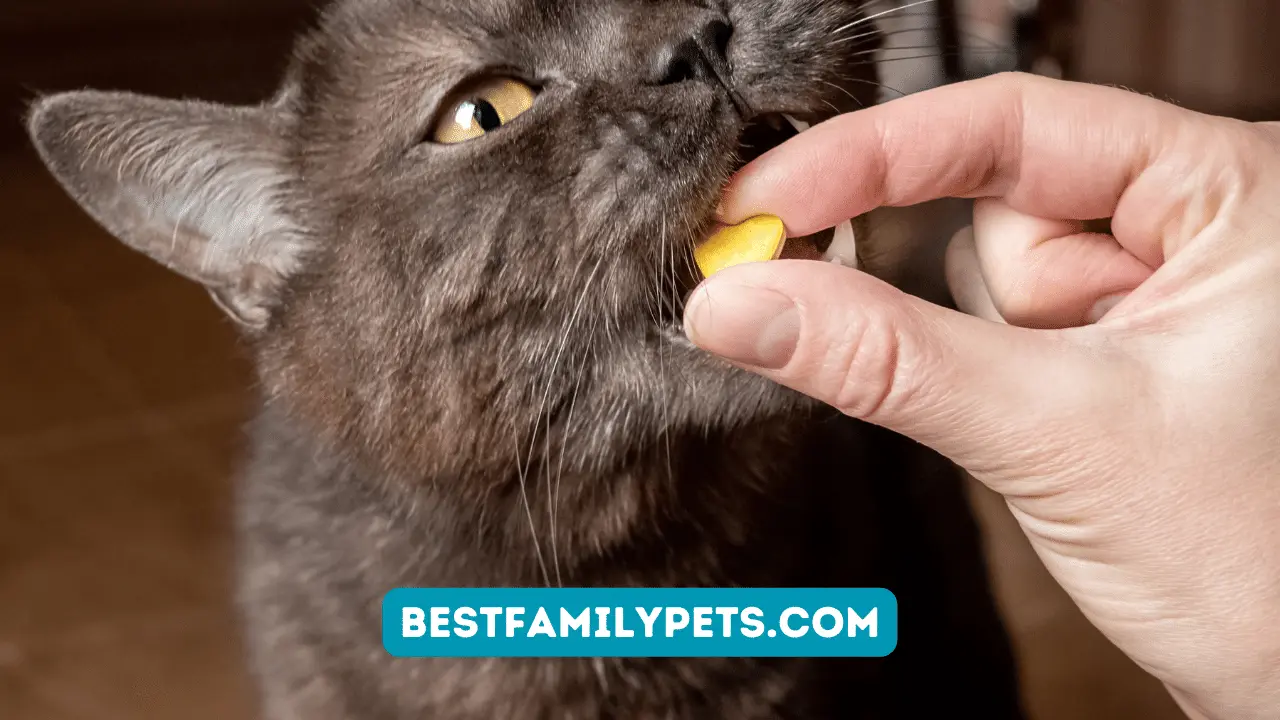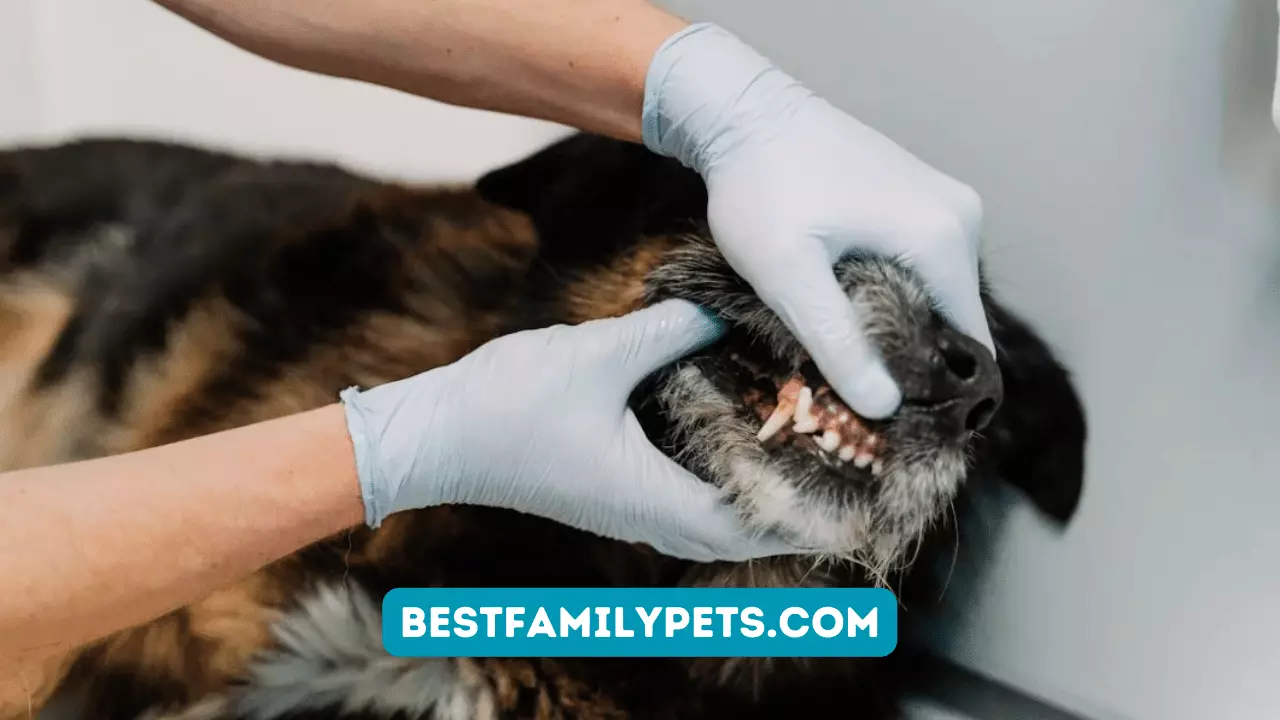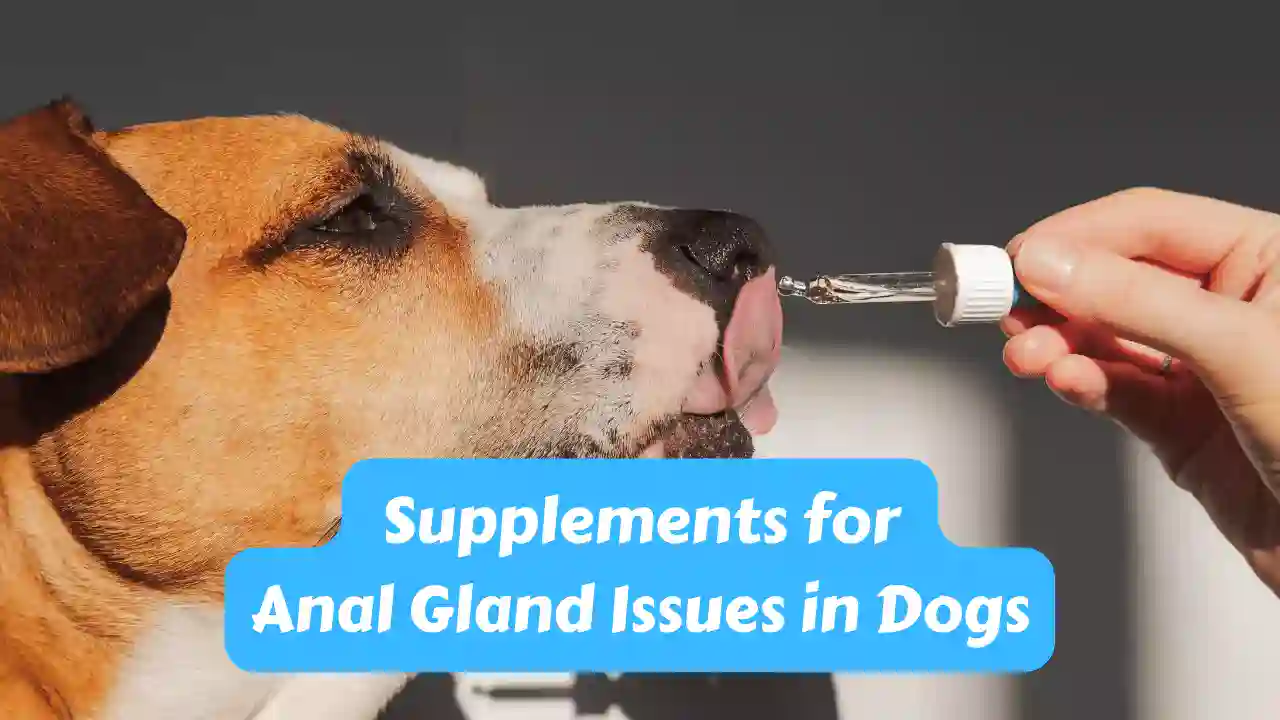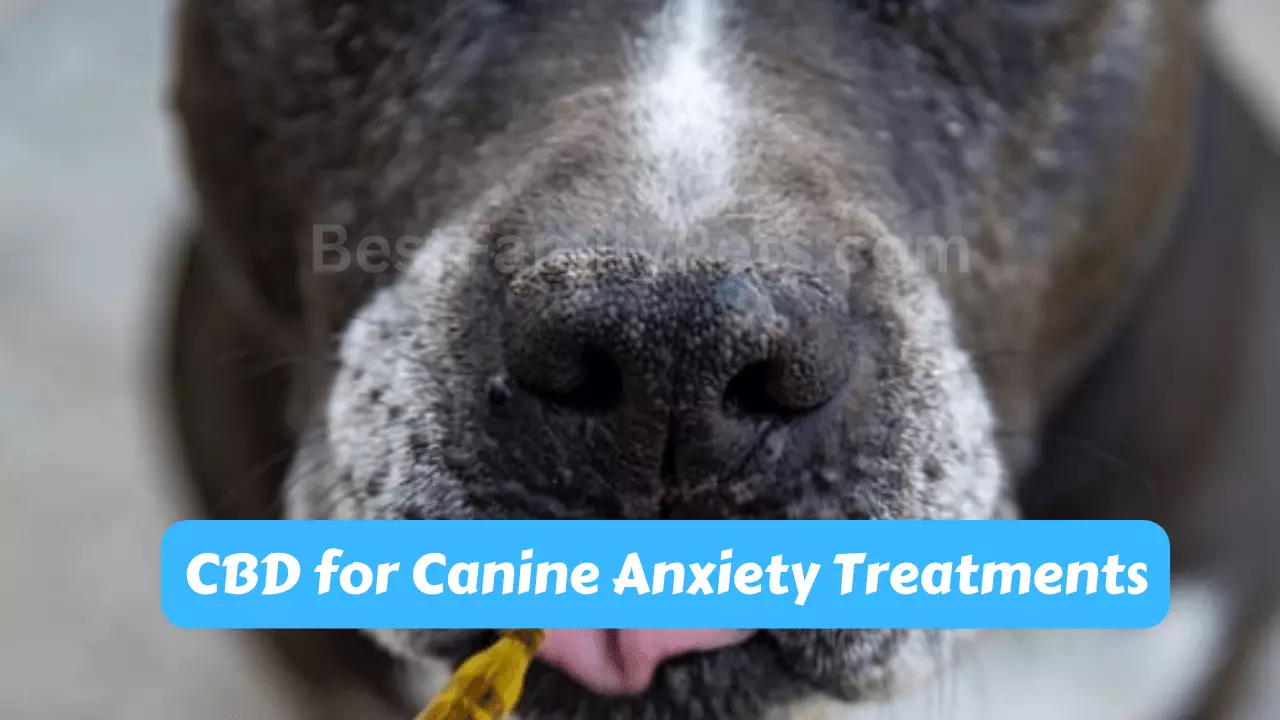Information about Dog Respiratory Infection
Protect your pup’s health! Learn valuable insights about dog respiratory infections and take necessary steps to safeguard their well-being.
The lungs are the pair of organs located in the chest, one on each side; operate in cooperation with the blood in the carbon dioxide – oxygen transfer and, to a particular degree, in body temperature control. This membrane in case of dog is exceptionally thin, which implies that if the cavity of chest is burst due to Infections on one side and the air gets in, not just does that lung collapse however, other one also follow the same.
Understanding Dog Respiratory Infections
Dogs can experience a variety of respiratory infections, ranging from mild to severe. Here’s what you need to know about respiratory infections in dogs:
Common Causes
Respiratory infections in dogs can be caused by a variety of factors, including viruses, bacteria, and fungi. Dogs can also develop respiratory infections due to environmental factors such as smoke or pollution.
Symptoms
Common symptoms of respiratory infections in dogs include coughing, sneezing, difficulty breathing, nasal discharge, and fever. In severe cases, dogs may also experience lethargy, loss of appetite, and dehydration.
Treatment
Treatment for respiratory infections in dogs depends on the underlying cause and severity of the infection. In mild cases, rest and supportive care may be all that is needed. In more severe cases, your veterinarian may prescribe antibiotics or antifungal medications.
Prevention
Preventing respiratory infections in dogs involves keeping your dog’s environment clean and free of irritants, as well as ensuring your dog is up-to-date on vaccinations. Regular veterinary check-ups can also help detect and prevent respiratory infections.
Conclusion
If you suspect your dog is experiencing respiratory symptoms, it’s important to schedule a visit with your veterinarian as soon as possible. Early detection and treatment can lead to better outcomes for your furry friend.
-

Choosing the Best Dog Harness for Hip Dysplasia
-



Ringworm in Cats
-



Best Ways to Treat a Cat with Upper Respiratory Issues
-



Information about Dog Respiratory Infection
-



Exploring Canine Physiology: Understanding the Red Rocket in Dogs
-



10 Best Tapeworm Dewormer Supplement for Cats
-



Bloat-Prone Breeds: Exploring the Top Dog Breeds at Risk
-



Pet Dental Health: Why It Matters and How to Maintain It
-



Puppy Poop Overload: The Reasons Behind Frequent Defecation
-



My Dog Has Bad Breath. What Do I Do?
-



10 Best Natural Estrogen Supplements for Dogs
-



10 Best Supplements for Anal Gland Problems Dogs
-



How To Treat Your Dog For Fleas?
-



Treatment For Cushing Disease In Dogs
-



CBD for Canine Anxiety Treatments


